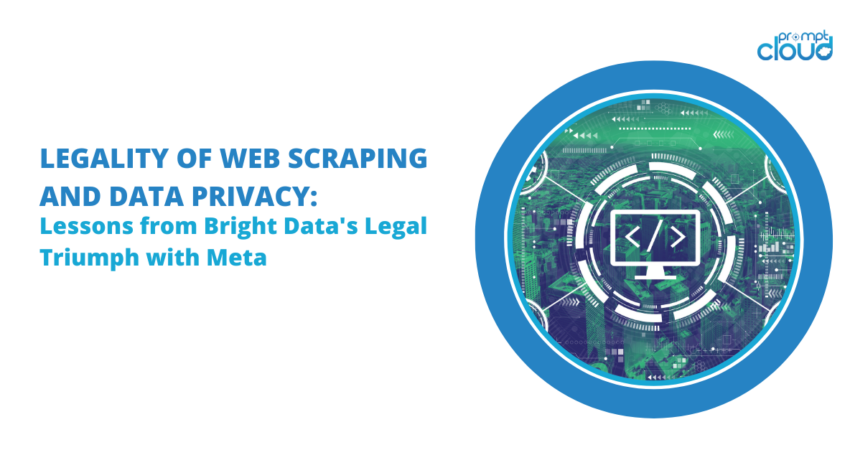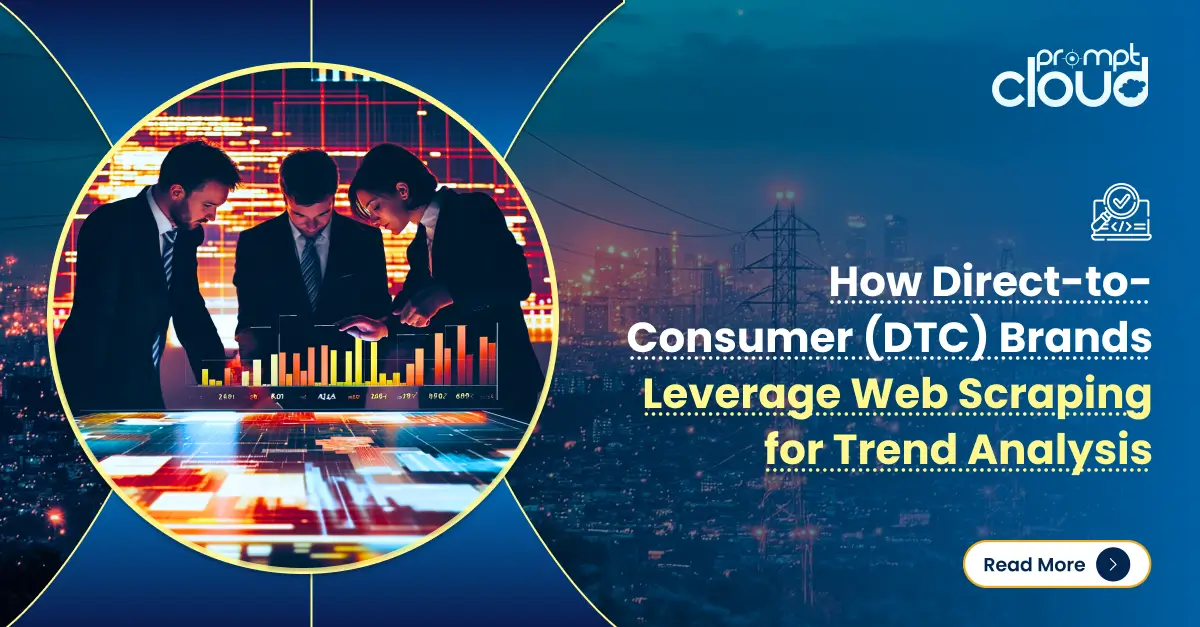
In a landmark legal battle between Bright Data and Meta, the court ruled in favor of the web scraper, Bright Data, marking a significant victory for the web scraping community. The case highlights the importance of responsible data collection practices and transparency in web scraping and serves as a reminder for companies to prioritize user privacy.
Image Source: Proxycurl
Background of the Case
Bright Data, an Israel-based web scraping firm, was sued by Meta Platforms Inc. for scraping data from its Facebook and Instagram websites. Ironically, Meta had previously paid Bright Data to scrape data from other websites for its benefits. The legal battle began when Meta sent a cease-and-desist letter to Bright Data, demanding that it stop collecting what the scraping firm characterized as public data.
Court Ruling and Its Implications
On January 23, 2024, the court granted summary judgment in favor of Bright Data, stating that the company had obtained the data legally through web scraping and that there was no evidence of any harm caused to the users. The ruling emphasizes the importance of transparency and consent in data collection practices and highlights that companies must be mindful of their data collection methods to avoid legal issues and maintain their reputation.
Lessons Learned from the Case
The legal triumph of Bright Data over Meta has significant implications for the web scraping industry and data privacy. Here are some lessons learned from the case:
- Transparency is Key: Companies must be transparent about their data collection practices and ensure that they comply with relevant laws and regulations. Bright Data’s victory was largely due to its ability to demonstrate that it had obtained the data legally and transparently.
- Responsible Data Collection Practices: Companies must prioritize user privacy and adopt responsible data collection practices. This includes ensuring that they only collect data that is necessary for their purposes and that they obtain proper consent from users.
Image Source: Medium
- Avoid Breaching Terms of Service: Companies must ensure that their data collection practices do not violate the terms of service of the websites they are scraping. Bright Data was able to successfully argue that it was a user of Meta’s platforms and therefore did not breach its terms of service.
- Long-Term Success: The success of Bright Data’s legal challenge against Meta sends a clear message to other companies that engage in web scraping or collect user data. They must be aware of the potential risks associated with these activities and take steps to protect user privacy while still benefiting from the data. Failure to do so could result in costly lawsuits and damage to the brand’s reputation.
Conclusion
The legal triumph of Bright Data over Meta highlights the importance of responsible data collection practices and transparency in web scraping. As technology continues to evolve, businesses must stay up-to-date with changing laws and regulations and prioritize user privacy. By doing so, they can build trust with their customers and maintain long-term success.


















